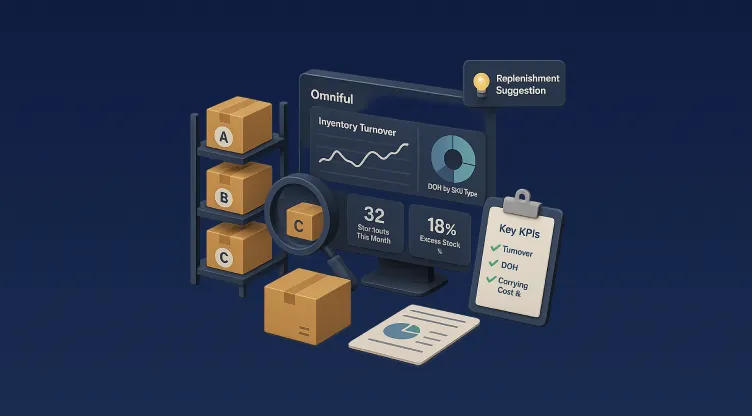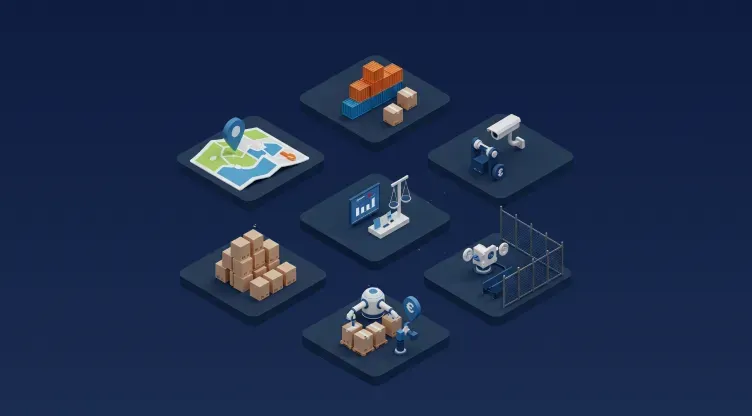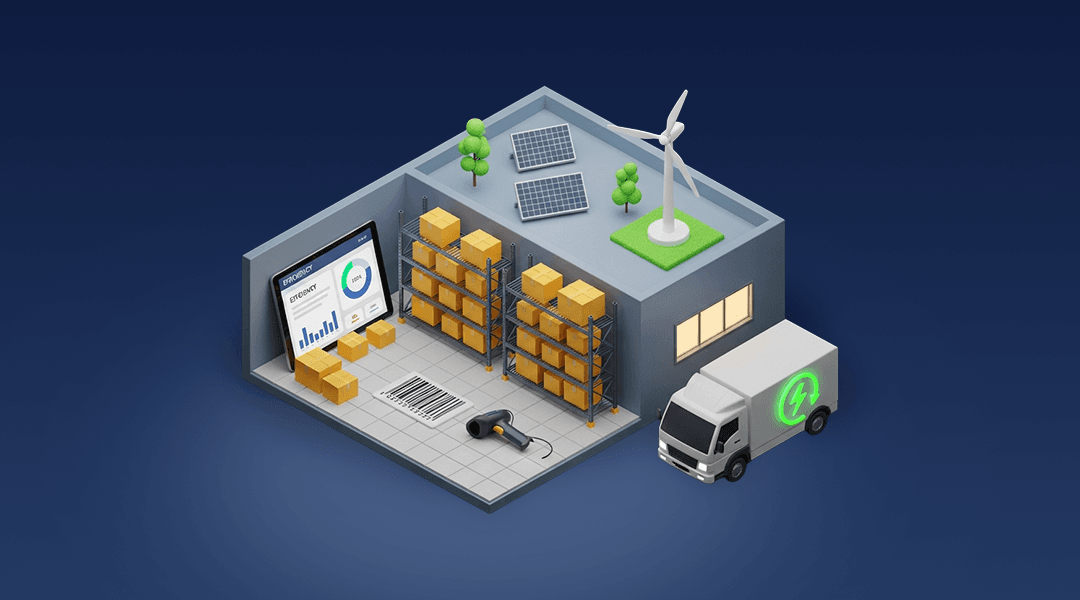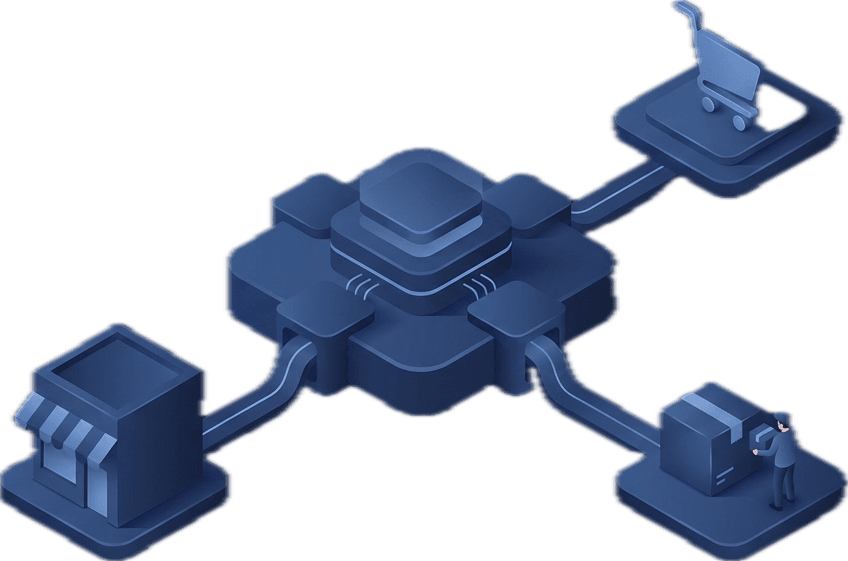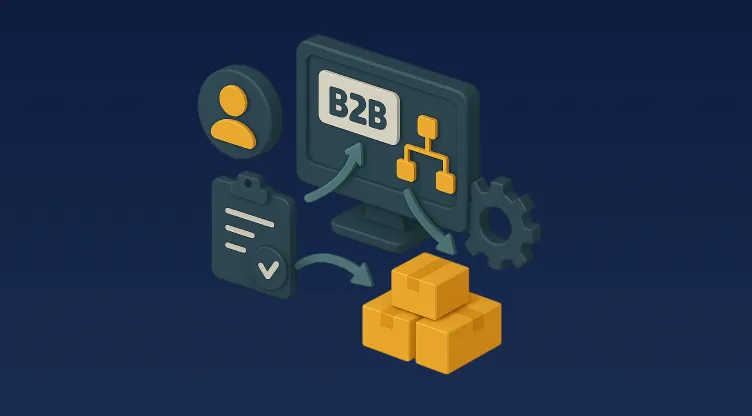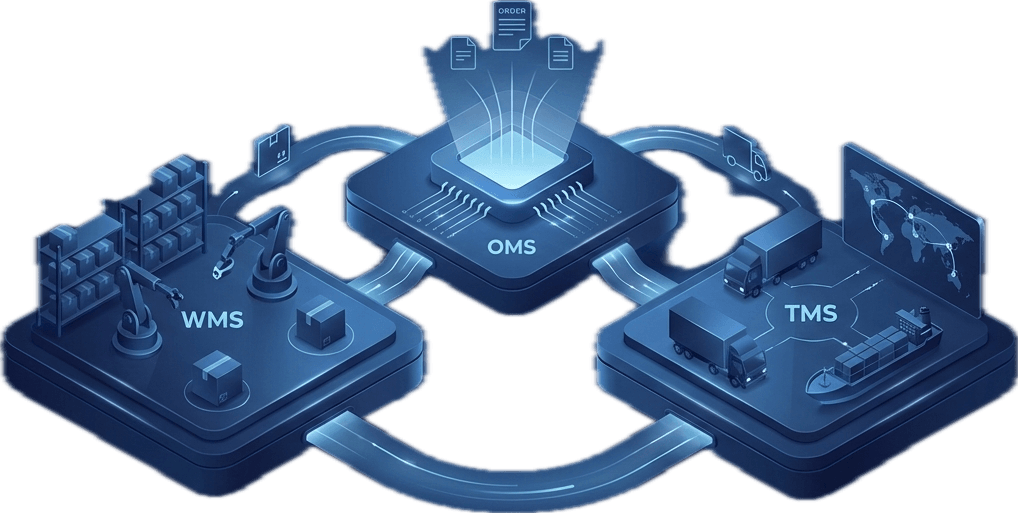Cut Fuel Costs with Smart TMS: Route Planning & Fleet Management in MENA

Table of Contents
Quick Take: Route to Fuel Savings
- Intelligent route planning can reduce fuel usage by up to 20% through distance and time optimisation.
- Real-time monitoring of driver behaviour helps avoid fuel-wasting habits like speeding and idling.
- Load consolidation cuts the number of trips, maximising vehicle capacity and lowering costs per delivery.
- Transportation Management Systems (TMS) in MENA now integrate AI and geofencing to enhance fuel economy.
- Businesses using fleet management systems experience better control, visibility, and sustainability.
The High Cost of Fuel in Fleet Operations
Fuel expenses are among the highest operating costs for logistics and transport companies. In the MENA region, where distances are vast and climate conditions vary, inefficient transportation management can lead to significant losses. Whether you're running a last-mile delivery operation in Riyadh, or managing cross-border logistics between the UAE and Oman, every unnecessary kilometre driven impacts your bottom line.
Transportation Management Solutions (TMS) are designed to counter this problem head-on. Modern TMS platforms combine route planning, driver behaviour analytics, and smart load consolidation to help fleet operators cut fuel use without sacrificing service quality.
What is a Transportation Management System?
A Transportation Management System is a digital solution that plans, executes, and monitors logistics operations across the first-mile, middle-mile, and last-mile journeys. Its core purpose is to improve the performance of fleet vehicle management by automating key tasks such as:
- Route optimisation
- Load planning
- Carrier selection
- Shipment tracking
- Performance analysis
But more importantly for today’s discussion, it serves as a smart fuel-saving engine. A well-implemented TMS can lower fuel consumption through data-driven planning and monitoring — resulting in tangible savings and lower carbon emissions.
Route Planning: The Heart of Fuel Efficiency
Effective route planning is the most immediate and impactful way a TMS reduces fuel costs. By analysing real-time traffic, road closures, vehicle types, and delivery time windows, advanced TMS platforms create the most efficient route possible.
In MENA, where urban congestion in cities like Cairo or Jeddah contrasts with remote desert routes across the Gulf, adaptive route planning ensures that:
- Shorter and smoother routes are prioritised
- Unnecessary detours are avoided
- Idle time during traffic peaks is minimised
Benefits of AI-Based Route Optimisation
- Up to 30% reduction in average fuel usage
- Faster deliveries with fewer detours
- Real-time rerouting in case of traffic jams or roadblocks
- Better vehicle utilisation and time management
Monitoring Driver Behaviour: The Hidden Fuel Leak
Even the best route plan fails without disciplined driving. Studies show that aggressive driving—frequent acceleration, braking, and idling—can increase fuel consumption by up to 40%.
This is where fleet management systems integrated with driver behaviour monitoring tools come in. By using IoT sensors, GPS data, and mobile apps, TMS platforms can track:
- Speeding instances
- Harsh braking
- Excessive idling
- Rapid acceleration
- Unauthorised routes
These insights allow fleet managers to coach drivers, implement performance incentives, and enforce compliance with driving best practices.
Load Consolidation: Less Trips, More Efficiency
Load consolidation refers to combining multiple shipments into a single trip, using the full capacity of a vehicle. This not only cuts down the number of trips but also reduces overall fuel usage.
A modern TMS with built-in capacity and load management features can automatically calculate:
- Ideal cargo mix per trip
- Available space utilisation
- Load weight distribution
- Most economical shipping combinations
Real-Time Fleet Vehicle Management: Tracking for Control
Real-time vehicle tracking is central to reducing fuel costs. A TMS tracks fleet movement via GPS, capturing data on speed, location, and stop durations.
This visibility helps logistics managers:
- Identify fuel-wasting routes or idle hotspots
- Quickly respond to emergencies or delays
- Enforce route compliance
- Schedule maintenance to avoid inefficient breakdowns
The Role of TMS in Sustainability & Green Logistics
Fuel optimisation isn’t just about cost—it’s also about carbon footprint. Governments in the MENA region are increasingly focused on sustainable transportation. Initiatives like:
- Saudi Arabia’s National Transport and Logistics Strategy
- UAE's Green Mobility Agenda 2030
- Egypt’s Sustainable Urban Transport Projectare pushing companies to adopt fuel-efficient practices.
A robust TMS helps meet these goals by:
- Reporting on carbon emissions per trip
- Promoting shared deliveries
- Supporting electric vehicle (EV) integration
- Ensuring compliance with local regulations
Why MENA Businesses Need an AI-Driven TMS Now
The Middle East’s logistics landscape is evolving. With e-commerce growth, hyperlocal delivery expectations, and cross-border trade expansions, outdated systems can no longer keep up.
Here’s what businesses gain by integrating AI-powered transportation management solutions:
- Cost Savings: Less fuel wastage, fewer trips, better vehicle use.
- Speed: Faster deliveries lead to better customer satisfaction.
- Sustainability: Lower emissions and regulatory compliance.
- Scalability: Handle high volumes across geographies with ease.
Making the Business Case: Fuel Optimisation in Action
Consider the case of a Saudi D2C brand that switched from a 3PL model to full in-house operations with Omniful’s TMS:
- Order-to-delivery time dropped from 4–6 days to under 3 hours in Riyadh.
- Fuel costs decreased by 28% within the first 60 days.
- Load consolidation increased fleet efficiency by 35%.
FAQs: TMS and Fuel Management
How much fuel can a business save with route planning?
Savings can range from 10% to 25% depending on fleet size, route optimisation quality, and driver behaviour.
Is TMS only useful for large enterprises?
No. SMEs in MENA are increasingly adopting cloud-based TMS platforms for affordability and scalability.
How does TMS support electric vehicles?
Modern TMS platforms can monitor EV charge levels, plan optimal charging stops, and schedule EV-specific routes.
Can I integrate TMS with my existing ERP or WMS?
Yes. Leading systems like Omniful are built to seamlessly integrate with ERPs, OMS, and WMS platforms.
Does it support on-demand delivery?
Absolutely. Route clustering and real-time allocation features are tailored for hyperlocal, express delivery operations.
Ready to Optimise Fuel and Fleet?
Transportation costs don’t have to be your biggest expense. With an AI-powered TMS, you can reduce fuel usage, boost delivery efficiency, and meet your sustainability goals — all while enhancing customer experience.
See Omniful’s TMS in action
Discover how Omniful helps MENA businesses drive smarter and spend less on the road.





